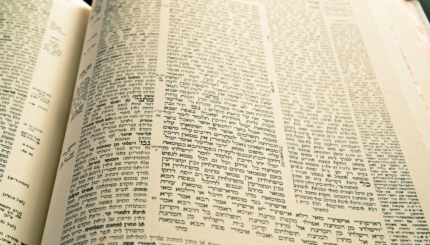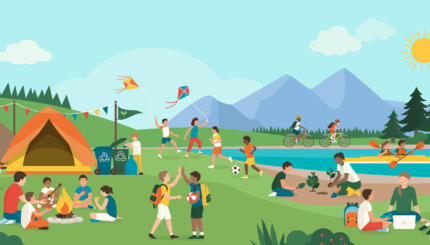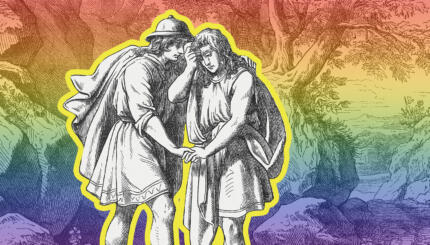Rafi Daugherty
When I was growing up, as a little girl in the Orthodox Jewish community, I would stare longingly over the mechitza feeling betrayed by G-d for giving me a body that didn’t feel congruent with my soul. I never imagined that one day I would feel right in my body, accepted in my community, and able to walk freely in the world as a Jewish man.
This year, Jewish organizations across the U.S. are joining together to keep broadening and deepening that acceptance by observing Transgender Day of Remembrance (TDOR).
Observed annually on November 20th, Transgender Day of Remembrance was established as a day set aside for remembering the lives of those gender non-conforming individuals who were viciously murdered for being themselves. It is sometimes hard for us to make the leap between thinking about people being murdered and what that has to do with our community or with us. We think, “No one I know would ever murder a transgender person!” While that may be true, I challenge us all to ask ourselves:
What else can we take away from this day?
Most transgender people spend years hiding and fearing “coming out” because they do not have a community where they know they will be accepted. Many transgender people, like myself, have used drugs and alcohol to numb the pain of being “different,” and even contemplate suicide to escape from making the heart-wrenching choice between family and being true to themselves. Sometimes I wonder how my life would have been different if I could have known as a child that I could be myself and also be a part of my community. . . .
I hope this day inspires us to ask ourselves:
*How can we make our community the type of community where a transgender child or adult will feel that they can safely express who they are and not only will we not shun them, we will love and embrace them, and encourage them down their chosen path?
*How can we use this day to bring an end to the silence around gender expression that might be allowing bullying in our Hebrew schools?
*How might we bring awareness to the issue of bathroom safety for gender non-conforming individuals in our institutions?
*How can we widen the arms of our communities’ embrace so that it can enfold the most stigmatized and ostracized individuals and bring them closer to G-d, to Judaism, and to themselves?
I ask you to take a moment to think about how you might use this day to find a way to make a difference. Next week we’ll share resources to help the Jewish community mark this day.


